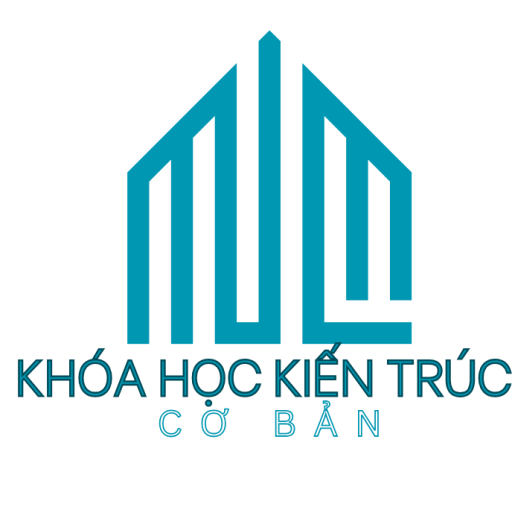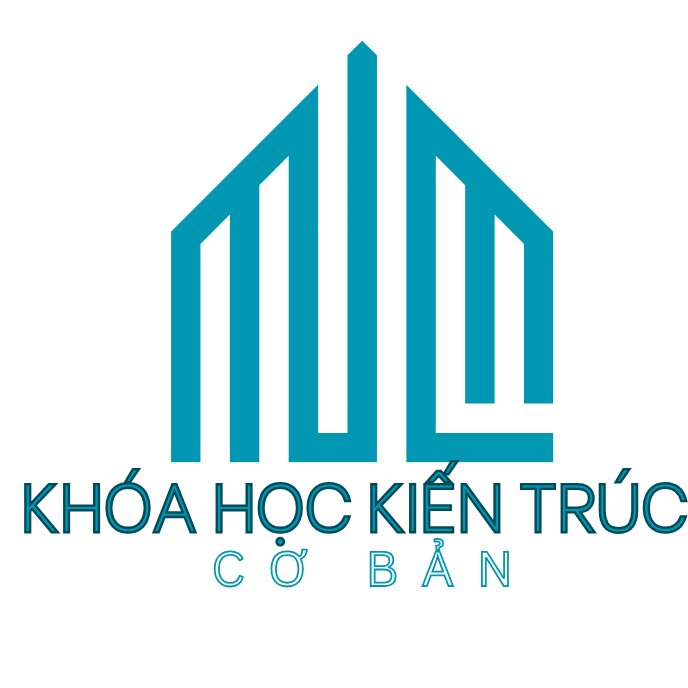Updated 05/26/2025
In an industry where aesthetic presentation can significantly impact a sale, artificial intelligence are completely revolutionizing how properties are showcased to potential buyers. Virtual staging—the digital enhancement of property images—has transformed considerably through AI integration, opening new possibilities for property marketers.

The Business Case: Quantifying the Impact of AI Virtual Staging
Recent market analysis from Zillow Research Group demonstrates that well-presented homes experience a 73% reduction in market time compared to homes presented without enhancements. Traditionally, physical staging requires investments of $3,000-$10,000 for a standard home, representing a substantial investment for many agents and sellers.
Alternatively, AI-powered virtual staging generally runs $29-$99 per room, delivering a financial advantage of approximately 97% compared to conventional approaches.
According to the Real Estate Staging Association, 82% of buyers’ agents state that property presentation assists for prospects to envision the property as their potential residence. With virtual AI staging, this visualization advantage is achieved at a significantly lower investment.
Market analyses from Realtor.com indicate that properties with AI enhancements attract 61% greater attention on listing services than non-enhanced listings, leading to a larger pool of potential buyers and faster transactions.
Technical Evolution: How Today’s AI Virtual Staging Differs From Previous Solutions
Today’s artificial intelligence staging systems leverage sophisticated neural networks that significantly enhance the realism of computer-generated staging.
Specifically, state-of-the-art systems implement convolutional neural networks developed using extensive collections of actual interior designs, permitting the generation of ultra-realistic interiors that properly account for spatial relationships.
BoxBrownie.com, a leading provider in the property visualization sector, indicates that their newest artificial intelligence platform delivers a 98.3% satisfaction level from realtors for realistic appearance, compared to a 76% rating for legacy systems.
Technical advancements in reflection modeling have been particularly significant. Advanced AI visualization platforms now include advanced computational methods for processing ambient illumination within properties, allowing the creation of shadows that properly represent sun position.

Top-tier solutions like Styldod utilize specialized neural networks that can recognize and evaluate room dimensions with exactitude comparable to formal dimensional assessment, attaining a deviation of below 2%, based on independent verification by PropTech Evaluation Lab.
Market Segmentation: How Different Property Types Utilize AI Virtual Staging
Premium listings form a especially valuable sector for AI virtual staging utilization. Data compiled by Sotheby’s International Realty indicates that luxury homes enhanced with digital enhancements sell 30% faster than non-staged equivalents.
Within high-end markets, personalized staging capabilities enabled by sophisticated virtual staging allow potential buyers to imagine different interior styles matching their unique sensibilities. Douglas Elliman indicates that listings featuring multiple virtual staging options produce 48% greater appointment bookings than properties with one staging option.
Unoccupied business locations require specific approaches that digital enhancement technology efficiently handles. According to Business Real Estate Weekly, AI-transformed retail spaces experience a 57% decline in time on market compared to non-enhanced properties.
The multifamily sector has similarly implemented AI virtual staging with notable outcomes. Apartment listings transformed through virtual furnishing command rental premiums of 8-12% and demonstrate a 40% reduction in non-occupied timeframes, based on Multifamily Executive.
Implementation Challenges: Technical and Practical in AI Virtual Staging
Despite its benefits, practical application of AI virtual staging confronts several challenges. Visual input specifications constitute a primary consideration, with many digital platforms requiring high-resolution photography to function optimally.
Research conducted by Listing Visuals Consortium indicates that optimal AI staging results demand images with minimum resolution of 4000 x 3000 pixels with appropriate illumination. Listings captured with insufficient technology see a 64% greater processing failure by digital enhancement platforms.
Computational boundaries remain as obstacles for certain property types. Unusual architectural features including non-rectangular rooms can challenge current AI algorithms, resulting in a higher rate of errors that require human intervention.
Disclosure obligations constitute a further adoption hurdle. Currently, 83% of real estate boards mandate explicit disclosure that marketing visuals have been digitally enhanced, according to Property Marketing Ethics Committee.
Omission of notification virtual enhancements can result in legal liability, with potential penalties ranging from $1,000-$10,000 per undisclosed image in particular areas.
Technological Ecosystem: Combining AI Solutions for Maximum Impact
Notably productive deployment approaches integrate AI virtual staging with complementary technologies to create comprehensive real estate presentation platforms.
Innovative firms including Redfin are integrating property visualization systems with immersive walkthroughs, developing integrated virtual presentations that allow potential buyers to navigate spaces with virtually staged interiors.

Industry metrics from Real Estate Digital Alliance indicates that properties featuring both AI staging and virtual tours generate 385% higher engagement than homes employing traditional images exclusively.
Connection to CRM systems constitutes a further competitive edge. Progressive agencies are employing AI capabilities to analyze which staging styles produce greatest interest from particular client segments.
For example, Digital Property Partners reports that their custom platform combining AI staging with analytics has discovered that millennial buyers show 43% higher engagement with minimalist modern staging, while older client segments respond to traditional designs by a margin of 37%.
Computational systems are also revolutionizing the real estate matching approach. Through evaluation of buyer engagement patterns with various virtual designs, advanced algorithms can establish what homes might appeal to specific prospects, increasing closed transactions by 27% according to PropTech Implementation Association.
Innovation Pipeline: Upcoming Advancements for AI Virtual Staging
Market researchers anticipate several significant developments in digital enhancement systems within the near future.
Individualization features constitute a major advancement area. Upcoming systems from providers like BoxBrownie will integrate adaptive technologies that analyze buyer preferences to generate tailored visualizations aligned with individual tastes.
As forecasted by Digital Housing Innovations, applications of such customized platforms will enhance transaction numbers by an estimated 28-32% compared to existing methods.
Mixed reality capabilities forms another important innovation projected to transform the virtual staging landscape. Major companies such as Google are producing augmented reality systems that will permit interested parties to experience AI-staged properties using mobile devices while physically present at listings.
Early evaluations of these augmented reality platforms demonstrate a 47% increase in buyer confidence compared to traditional viewing experiences, based on Mixed Reality Housing Initiative.
Another emerging trend involves incorporating property visualization systems with forecasting algorithms to revolutionize real estate appraisal approaches. Cutting-edge technologies from providers like ClearCapital are starting to employ machine learning algorithms that evaluate how various enhancement techniques affect closing values.
Preliminary data suggest that homes enhanced with AI-optimized designs adapted to regional aesthetic trends obtain value increases of 5.7-8.3% compared to standard approaches, potentially adding significant amounts to seller proceeds.
Adoption Roadmap: Best Practices for Real Estate Professionals
For real estate professionals aiming to implement AI virtual staging productively, industry experts suggest a systematic strategy.
First, executing a return on investment evaluation is essential. While virtual staging represents major savings than traditional approaches, greatest impact requires investment in professional images. Successful brokerages typically allocate $300-$500 per home for quality images to guarantee best AI staging results.
Second, establishing clear policies for disclosure and transparency regarding AI modifications avoids regulatory complications. Progressive agencies invariably incorporate specific disclosures on all marketing materials specifying that photographs are AI-modified.
Third, strategic integration of digital enhancement with related solutions enhances effectiveness. Industry metrics from PropTech Implementation Consortium demonstrates that listings incorporating AI enhancements and immersive experiences create 86% greater genuine interest than listings with isolated applications.
Finally, preserving actual listings in shape that matches digital enhancements remains essential. Interested parties who view listings anticipating environments matching digital presentations but find major differences feel a 68% reduced probability of submitting proposals, according to Real Estate Consumer Experience Survey.
Conclusion: Strategic Necessity of AI Virtual Staging
As the real estate market progressively transforms, property visualization systems represents not merely a budget-friendly option but a strategic necessity for real estate professionals striving to maximize listing performance.
Considering proven influence on time-on-market, client response, and closing amounts, implementation of this technology provides tangible improvements that substantially influence business performance.
While machine learning functions progressively improve, forward-thinking implementers who establish expertise in utilizing these solutions position themselves for sustained competitive advantage in an ever more technological real estate environment.

